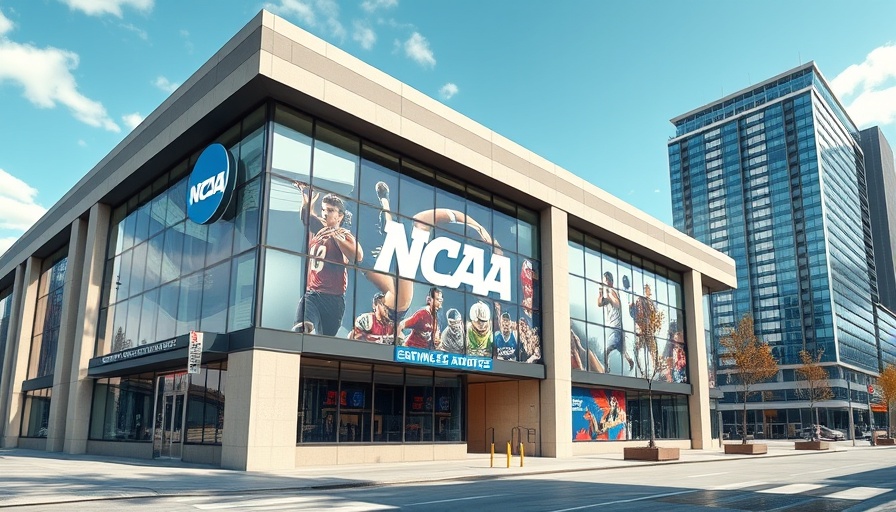
The NCAA and the Shift Toward Betting
The NCAA, an organization synonymous with college athletics, is now evaluating a significant proposal that could alter the landscape of sports betting. The current proposal under consideration would allow college athletes and staff to legally place bets on professional sports. This development raises questions about integrity, fairness, and the long-term implications for college sports as a whole.
Understanding the Proposal: A New Frontier
The proposal from the NCAA comes amid a national conversation about sports betting. Various states in the U.S. have already legalized some form of sports wagering, making it accessible to many, including college sports fans. The NCAA's discussion reflects this evolving terrain, but it also highlights the delicate balance of allowing passionate fans, including athletes, to engage with sports while safeguarding the integrity of their competitions.
Historical Context: Betting and College Sports
For decades, college sports maintained strict rules against gambling involvement among players and coaching staff. The rationale stemmed from concerns about fairness and the potential for corruption within collegiate games. However, as betting on sports gained popularity and states legalized it, the NCAA found itself at a crossroads. This proposal marks a potential shift in policy that attempts to align with modern attitudes while addressing the dangers that betting poses to athletes.
Reactions from the Community: Support and Opposition
Opinions on this proposal vary widely among stakeholders. Some argue that allowing athletes to bet on professional sports could create a dual standard that is contradictory to the rules governing collegiate athletics. Critics worry about how this might incentivize risky behaviors among athletes or lead to controversies over game integrity.
Conversely, proponents argue that permitting athletes to engage in betting could normalize the legalization that is sweeping through various sports landscapes. Understanding that this demographic is already participating in betting through informal or illegal means, supporters see this as a way to create a responsible environment, where athletes can bet legally while being educated on responsible gaming practices.
Counterarguments: The Risks and Ethical Concerns
Critics argue that while the proposal may seem progressive, it could open a Pandora's box of ethical dilemmas. The primary concern remains the potential for exploitation and the pressures athletes may face from peers or betting companies. Furthermore, former NCAA athletes have raised concerns that betting could overshadow the spirit of college sports, which is primarily geared toward education and amateur competition.
What Experts Say: Diverse Perspectives
Sports analysts and ethical scholars have weighed in, offering diverse perspectives on the issue. Some indicate that most major sporting leagues worldwide, including the NBA and NFL, have embraced aspects of sports betting, suggesting a cultural shift within sports organizations.
Others strongly caution against this path, citing the need for stringent regulations to monitor and enforce fair play in college athletics. The impact of this proposal, if enacted, may not unfold without extensive discourse and clarity on its regulation.
Looking Ahead: Future Implications of the NCAA's Decision
The potential decision by the NCAA could set important precedents for how college sports engage with the evolving gambling landscape. If the proposal is approved, it could encourage other collegiate systems to reconsider their own policies surrounding sports betting. Furthermore, it will likely ignite a broader discussion on student-athlete rights and the autonomy they should have over their choices.
The Bottom Line: What This Means for Athletes and Fans
As the NCAA deliberates on this groundbreaking proposal, participants in college athletics and fans alike must reflect on what this means for the integrity of sports. Balancing passion for the game with an ethical framework in the realm of betting will require collective reflection from all stakeholders involved.
In these times of transforming sports culture, it is essential for everyone to engage in dialogue about responsible betting and the future of athletic programs. Understanding the implications will allow for informed choices moving forward. Keep an eye on how these discussions evolve, as they could impact not only collegiate athletes but also the fans who support them.
 Add Row
Add Row  Add
Add 



Write A Comment